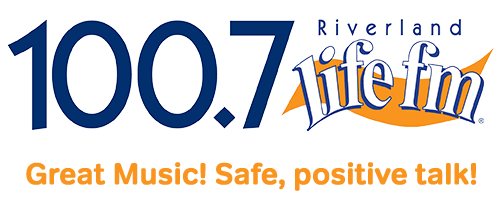Knowledge or Wisdom? One is Better Than the Other
By: Brian Harris
I chair the academic board of an Australian University College and at a recent board meeting we were discussing “the democratisation of knowledge”, which is a lovely little expression noting that information is now readily available to almost anyone.
It’s simply true. I have been lecturing in class and said something like “that happened in 1827 – or was it 1828” and in less than 30 seconds I will have a student say, “Actually it was 1826 , the 4th of May 1826 to be precise – I’ve just checked on Google.” Mercifully most of my classes are not about dates or tiny pieces of detail, but it is nice to know that fact checking has never been easier, and that information never available to Einstein is now a mere click away on our phones.
For those involved in higher education, it means the focus has shifted from being a provider of information to being a trusted interpreter of information. It is one thing to have lots of information, quite another to make sense of it. We are moving from knowledge to wisdom.
Or are we?
Information Doesn’t Make You Wise
Simply having lots of information at your disposal does not automatically make you wise. In fact, at times it paralyses you. I remember when I and my family moved from South Africa to New Zealand in the 1990’s, standing in a New Zealand supermarket aisle and being confronted with so many different kinds of bread that I wasn’t able to make a decision. The supermarket I had left behind gave me 5 options – and my selection was easy. We need enough fibre – go for the brown bread.
But when confronted with over 30 brands – well I left without any bread. Too many choices made it too hard to decide. True, I got over it. I am sure today my South African supermarket has as wide a range, and I now shop from a dedicated bread shop in Perth (with far more than 30 options), but too much choice complicates decision making.
Too much information can mean we don’t take much (perhaps any) of it in. Think of this paradox. Biblical literacy amongst committed Christian people is probably about the lowest it has been in the last 100 years. If you don’t believe me, try asking some basic Bible knowledge questions. The answers might well depress you. It wasn’t that long ago that I was at a Bible study where the person alongside me (a Christian for over a decade) was trying to find Romans in the Old Testament. It’s a worry… Yet the reality is that it has never been easier to get resources to help you to read and understand the Bible. They come in many formats and are often free. I, (apparently together with half a billion others) usually use the Bible App for my Bible reading – and there are many, many, other options.
Yet by and large the average Christian knows little about the Bible and interprets it poorly. Available knowledge does not mean that the knowledge has been accessed, let alone grasped or internalised.
Not Even Biblical Knowledge Automatically Makes You Wise
In the end, however, it is not about knowledge, but wisdom. What’s the difference? You might well have heard it said, “Identifying a tomato as a fruit requires knowledge. Not adding it to a fruit salad requires wisdom.” Fair enough. We know there is a difference. Wisdom requires depth of insight, perspective, and life experience. Wisdom steps back from the information and thinks about its relevance. Wisdom knows that simply because something can be done does not mean it should be done. Wisdom knows that every truth does not need to be blurted out, but that a word in season can do great good.
Wisdom takes time and reflection. Wisdom requires a deep dive. The wise contemplate and discuss and mull things over.
What am I trying to say in this post? There is a lot information out there. Instead of chasing it all, why not consider what you already have. And why not reflect on this truth – there is not an obvious correlation between knowledge and wisdom. It is useful to be knowledgeable, but it is far more important to be wise. So why not ponder a little more… why not be a little more curious… why not think more deeply about what you already know. And don’t forget the wonderful invitation of James 1:5 “If you lack wisdom, ask God.”
Article supplied with thanks to Brian Harris.
About the Author: Brian is a sought-after speaker, teacher, leader, writer and respected theologian who has authored 6 books. After 17 years as principal of Perth’s Vose Seminary, Brian is now founding director of the AVENIR Leadership Institute, fostering leaders who will make a positive impact on the world.
Feature image: Photo by Mariia Zakatiura on Unsplash










